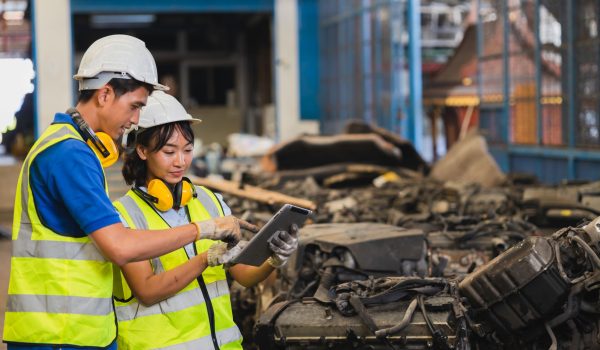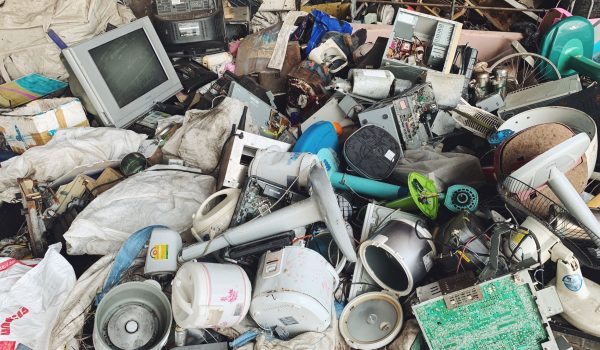Avoided CO2 emissions through e-waste processing in 2020
In the Netherlands, the non-profit organization Wecycle has established a nationwide collection network where consumers and professionals can dispose of e-waste free of charge. Subsequently, the collected e-waste is sorted and processed through various methods, including recycling.
Recycling e-waste helps avoid the production of new raw materials. E-waste contains a wide variety of materials, many of which can be reused. By separating and recycling these usable materials, the need for new production of these materials is partially mitigated. With an increasing demand for materials and a diminishing quantity of natural resources, material recycling becomes increasingly important.
Properly processing e-waste leads to a reduction in greenhouse gas emissions. The amount of greenhouse gas emissions avoided can be calculated. Monitoring the avoided carbon dioxide (CO2) emissions allows for the discovery of trends in environmental benefits. This report describes the calculation for the year 2020 and compares the results with previous years.
Other relevant publications
E-waste in household residual waste
Inventory of the quantity and different types of e-waste in residual waste for 2023
The global e-waste monitor 2024
The global e-waste monitor is the most up-to-date overview of global e-waste data, statistics and progress in policy and regulation.
E-waste in the Metropoolregio Amsterdam
An exploration of the e-waste chain and future logistics scenarios







